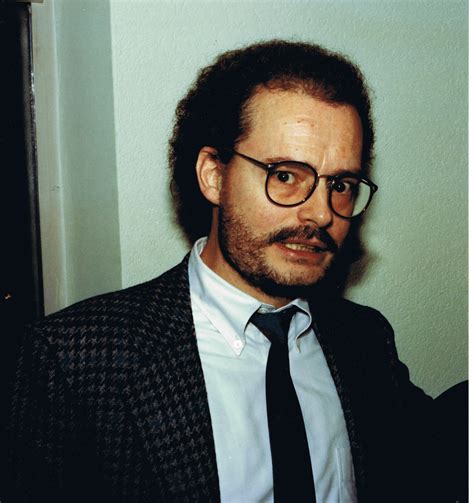A Quote by Marcel Proust
The places we have known do not belong solely to the world of space in which we situate them for our greater convenience. They were only a thin slice among contiguous impressions which formed our life at that time; the memory of a certain image is but regret for a certain moment; and houses, roads, avenues are as fleeting, alas, as the years.
Related Quotes
There are some delightful places in this world which have a sensual charm for the eyes. One loves them with a physical love. We people who are attracted by the countryside cherish fond memories of certain springs, certain woods, certain ponds, certain hills, which have become familiar sights and can touch our hearts like happy events. Sometimes indeed the memory goes back towards a forest glade, or a spot on a river bank or an orchard in blossom, glimpsed only once on a happy day, but preserved in our heart.
The systems of stereotypes may be the core of our personal tradition, the defenses of our position in society. They are an ordered more or less consistent picture of the world, to which our habits, our tastes, our capacities, our comforts and our hopes have adjusted themselves. They may not be a complete picture of the world, but they are a picture of a possible world to which we are adapted. In that world, people and things have their well-known places, and do certain expected things. We feel at home there. We fit in. We are members.
The biggest adversary in our life is ourselves. We are what we are, in a sense, because of the dominating thoughts we allow to gather in our head. All concepts of self-improvement, all actions and paths we take, relate solely to our abstract image of ourselves. Life is limited only by how we really see ourselves and feel about our being. A great deal of pure self-knowledge and inner understanding allows us to lay an all-important foundation for the structure of our life from which we can perceive and take the right avenues.
Me and my wife had somehow finally reached a moment in which our lives made sense, in which we were comfortable in certain material ways, and in that very moment we were faced with a medical situation that could only really be resolved with death or time. Suddenly we had become these people who didn't drink anything but kale, who ended many of our conversations with tears, and for whom no future was guaranteed. It was kind of funny.
Polaroid material has the most beautiful quality - the colors on one side, but then the magic moment in witnessing the image to appear. The time stands still and the act of watching the image develop can be shared with the people around you. In the fast world of today it's nice to slow down for a moment. At the same time Polaroid slows time, it also captures a moment which becomes the past so instantly that the decay of time is even more apparent - it gives the image a certain sentimentality or melancholy.
There were many words that you could not stand to hear and finally only the names of places had dignity. Certain numbers were the same way and certain dates and these with the names of the places were all you could say and have them mean anything. Abstract words such as glory, honor, courage, or hallow were obscene beside the concrete names of villages, the numbers of roads, the names of rivers, the numbers of regiments and the dates.
There are certain days that are forever locked in our memories. They represent special times, places, and people that we capture in the scrapbook of our minds. Just a fleeting thought of these memories can bring us back to that special time and place as well as the emotion we felt when we were there.
When I look upon the faces of intelligent beings I look upon the image of the God I serve. There are none but what have a certain portion of divinity within them; and though we are clothed with bodies which are in the image of our God, yet this mortality shrinks before that portion of divinity which we inherit from our Father.
I regret that I was never an athlete. I regret there isn't time in life. I regret that so many of my friends have died. I regret that I was not brave at certain times in my life. I regret that I'm not beautiful. I regret that my conversation is largely with myself. I'm not part of the conversation of the world.
If there is any realm where distinction is especially difficult, it is the realm of childhood memories, the realm of beloved images harbored in memory since childhood. These memories which live by the image and in virtue of the image become, at certain times of our lives and particularly during the quiet age, the origin and matter of a complex reverie: the memory dreams, and reverie remembers.
The further limits of our being plunge, it seems to me, into an altogether other dimension of existence from the sensible and merely understandable world. Name it the mystical region, or the supernatural region, whichever you choose. So far as our ideal impulses originate in this region (and most of them do originate in it, for we find them possessing us in a way for which we cannot articulately account), we belong to it in a more intimate sense than that in which we belong to the visible world, for we belong in the most intimate sense wherever our ideals belong.
There are many options in a marriage. If the couple has been together for a certain amount of time and has a certain amount of liberalism or life experience, it could be the kind of relationship in which one partner ventures into the occasional affair, which is then forgiven. This only happens every 13 years on average, but it obviously does occur.






































